Post Inflammatory Hypopigmentation Treatment
Post inflammatory hypopigmentation treatment. Its nutrients penetrate deep into the skin and nourish it for maximum results. Once all inflammation has subsided treat post-inflammatory hyperpigmentation with depigmenting agents such as 4 hydroquinone twice daily along with sun avoidance and sunscreens. Mesotherapy is targeting the dermis middle skin layer.
GA peels in combination with tretinoin and hydroquinone are an effective treatment of postinflammatory. Post-inflammatory hyperpigmentation PIH is a reactive process resulting from increased melanin or abnormal distribution of melanin secondary to inflammatory skin conditions dermatologic therapies and external stimuli. Current treatment options include topical medication phototherapy and laser.
These treatments are not. The fact that they lessen post-inflammatory hyperpigmentation as they treat acne breakouts is an added benefit. If you have post inflammatory hypopigmentation from a skin injury or skin rejuvenation procedure you may want to.
Application of hydroquinone cream 1-4 is a popular treatment for post inflammatory hyperpigmentation. Post inflammatory hypopigmentation key points. There arent nearly so many for hypopigmentation.
PIE is more challenging to treat using skin care products. There are many treatment options for post inflammatory hyperpigmentation including topical creams chemical peels and laser treatments. For chronic skin conditions the first priority is treating the underlying condition that is leading to hyperpigmentation.
This will likely be the first routes recommended by the dermatologist. Acne to prevent further PIH from occurring. Topical Creams Creams applied to the pigmented patches are one of the most affordable and least invasive ways to treat hyperpigmentation.
Cosmelan Dermamelan Body peel for Hyperpigmentation. Retinoid creams include Retin-A tretinoin and Retin-A Micro Tazorac tazarotene and Differin adapalene.
But they have also been used very effectively for years now in treating hypopigmented scars and stretch marks.
Application of hydroquinone cream 1-4 is a popular treatment for post inflammatory hyperpigmentation. Lastly there are limited data regarding the pathogenesis natural course and treatment of postinflammatory hypopigmentation. Unfortunately post-inflammatory hyperpigmentation is not something that can be fixed quickly. Causes of post-inflammatory hypopigmentation include. Chemical peels laser treatments and intense pulsed light therapies IPL may be helpful for epidermal pigmentation but physical treatments may also aggravate it by injuring the epidermis. Once all inflammation has subsided treat post-inflammatory hyperpigmentation with depigmenting agents such as 4 hydroquinone twice daily along with sun avoidance and sunscreens. Current treatment options include topical medication phototherapy and laser. It can sometimes take more than a year to improve. A study was done back in 2004 1 which showed a 100 correction in skin color after just 9 treatments.
How To Get Rid Of Post Inflammatory Hyperpigmentation Treatment Options The first step toward getting rid of PIH involves treating the underlying inflammation eg. Prescription medications can help to repigment light spots. There arent nearly so many for hypopigmentation. Acne to prevent further PIH from occurring. If you have post inflammatory hypopigmentation from a skin injury or skin rejuvenation procedure you may want to. Treatment is identification of the cause and preventing recurrence the most important part steroid creams along with tar preparation calcineurin inhibitors and sun or UV exposure are also options. Application of hydroquinone cream 1-4 is a popular treatment for post inflammatory hyperpigmentation.

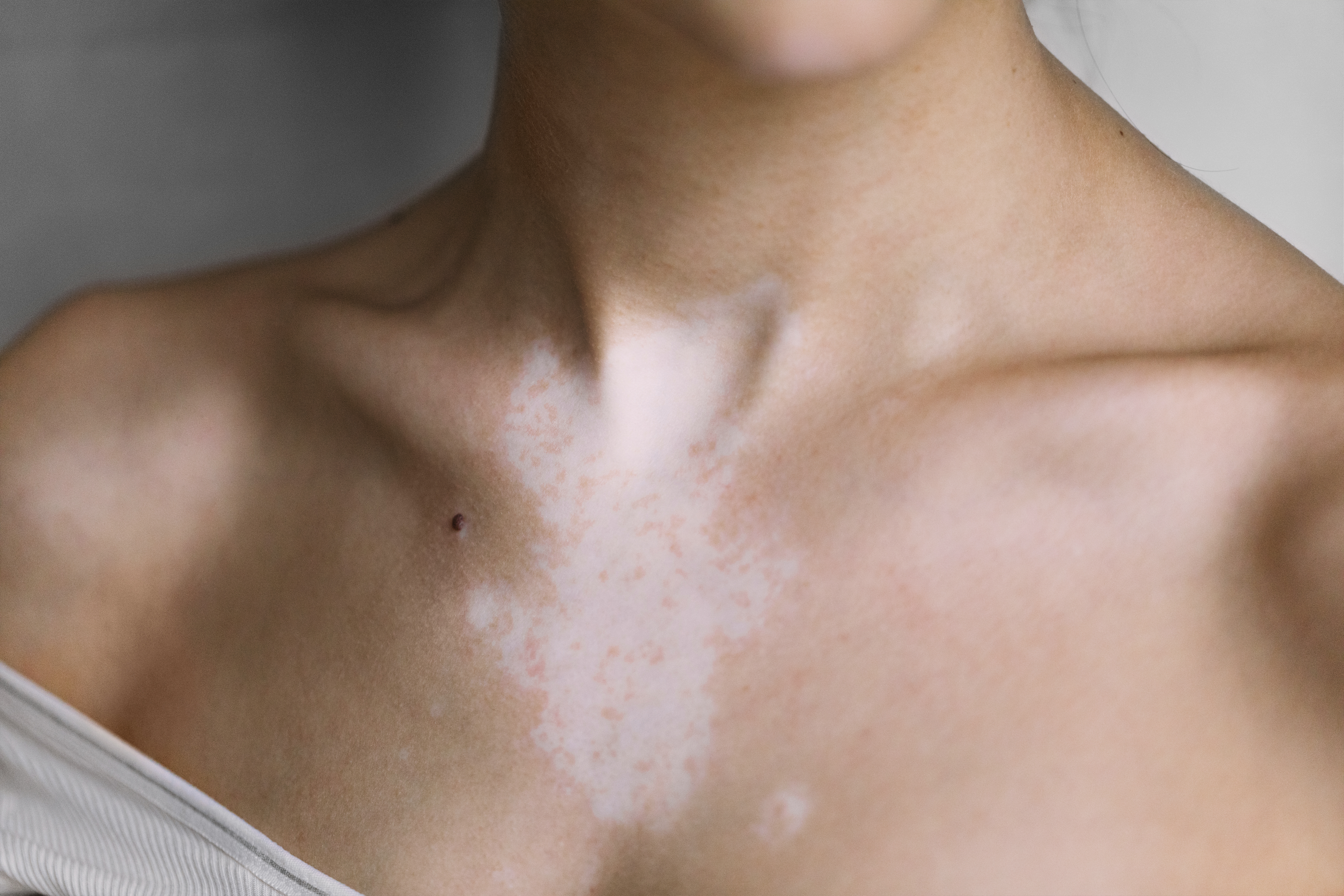



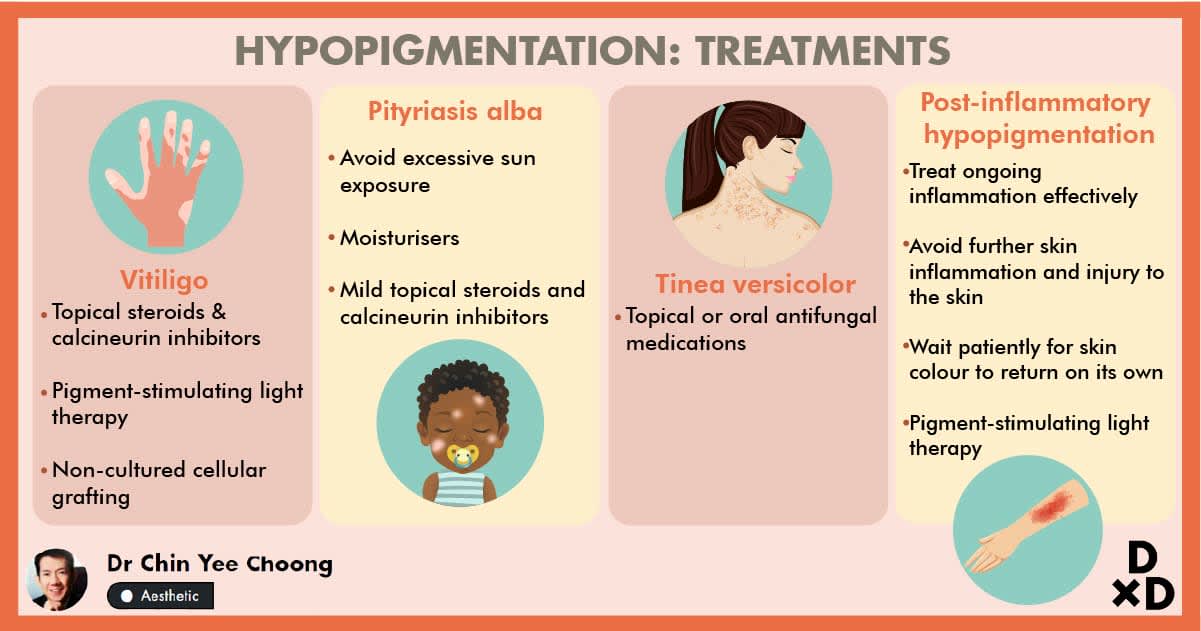

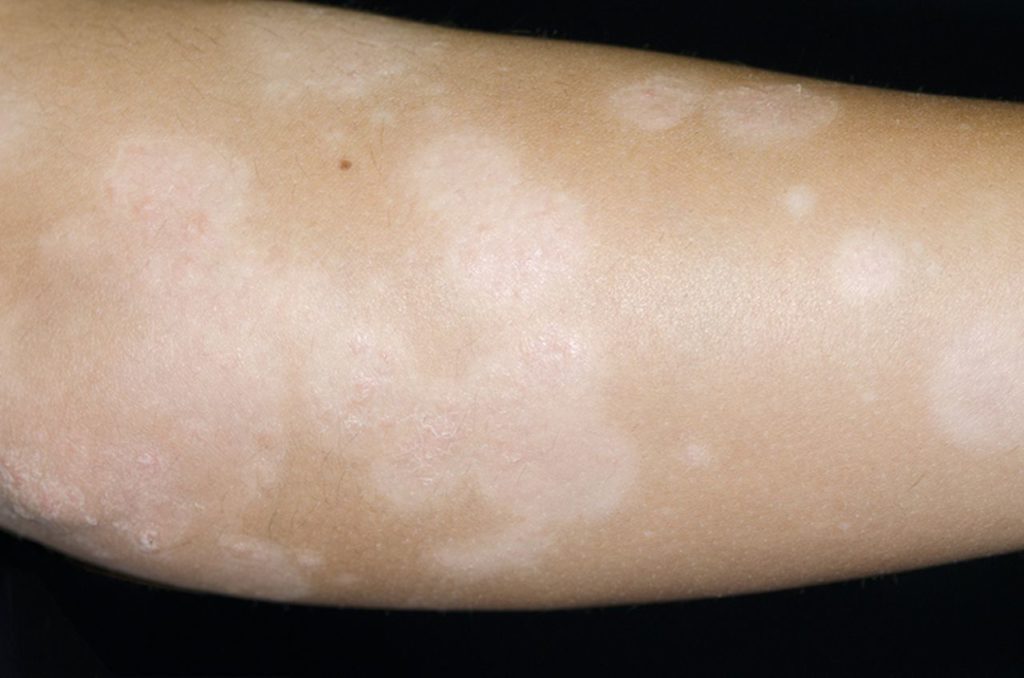
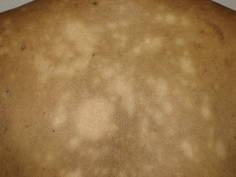

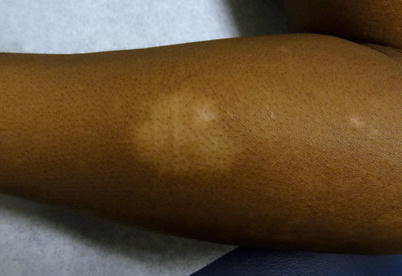

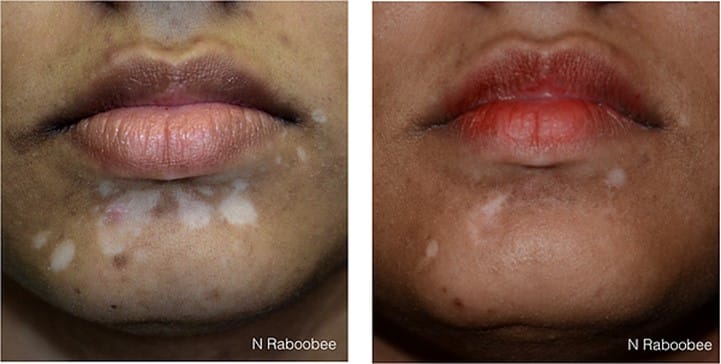


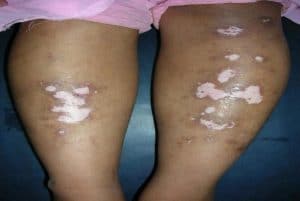







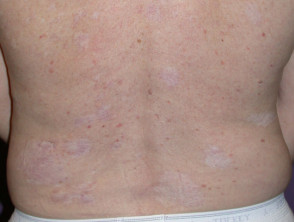



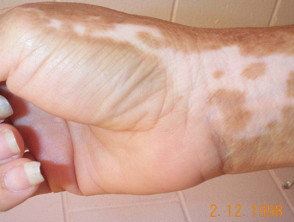




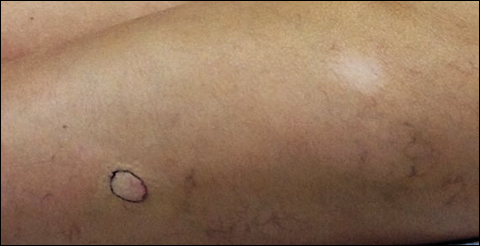
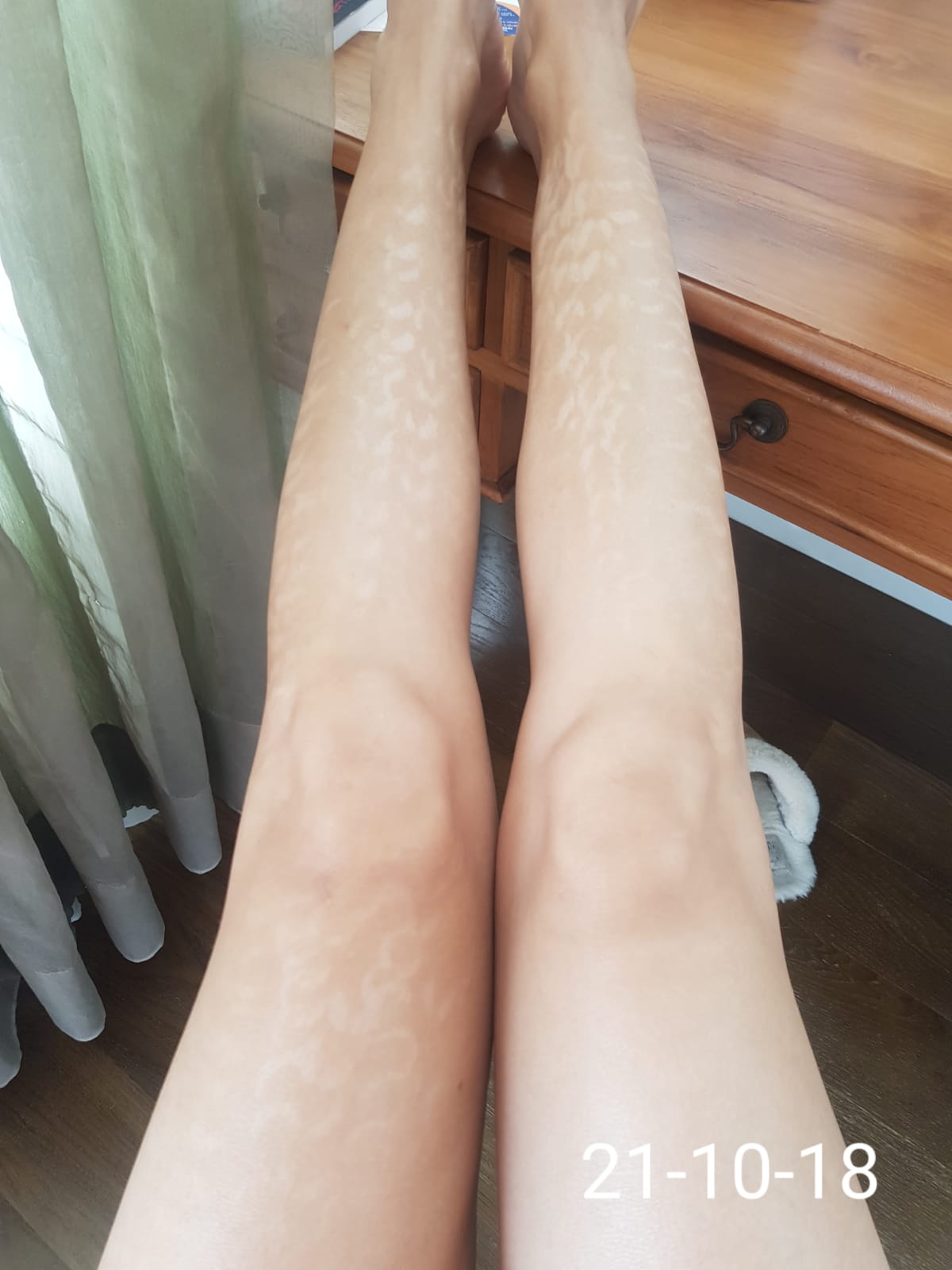








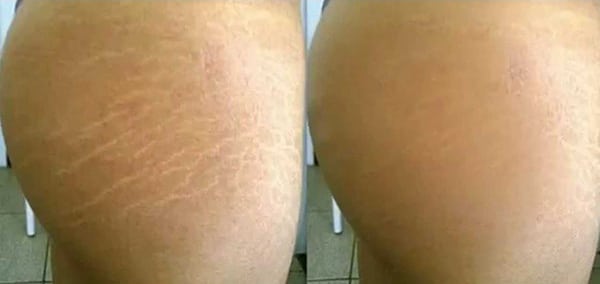
Post a Comment for "Post Inflammatory Hypopigmentation Treatment"